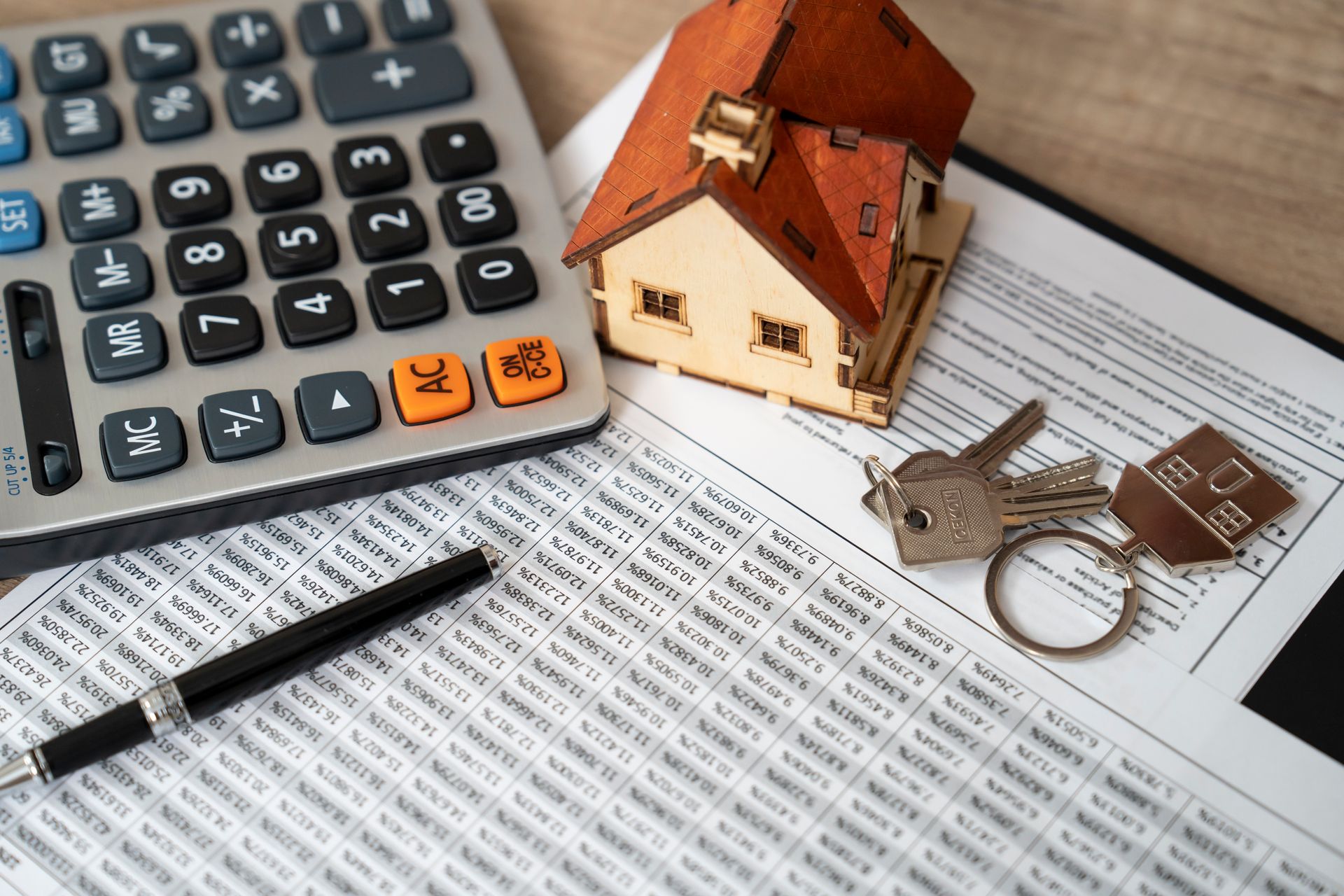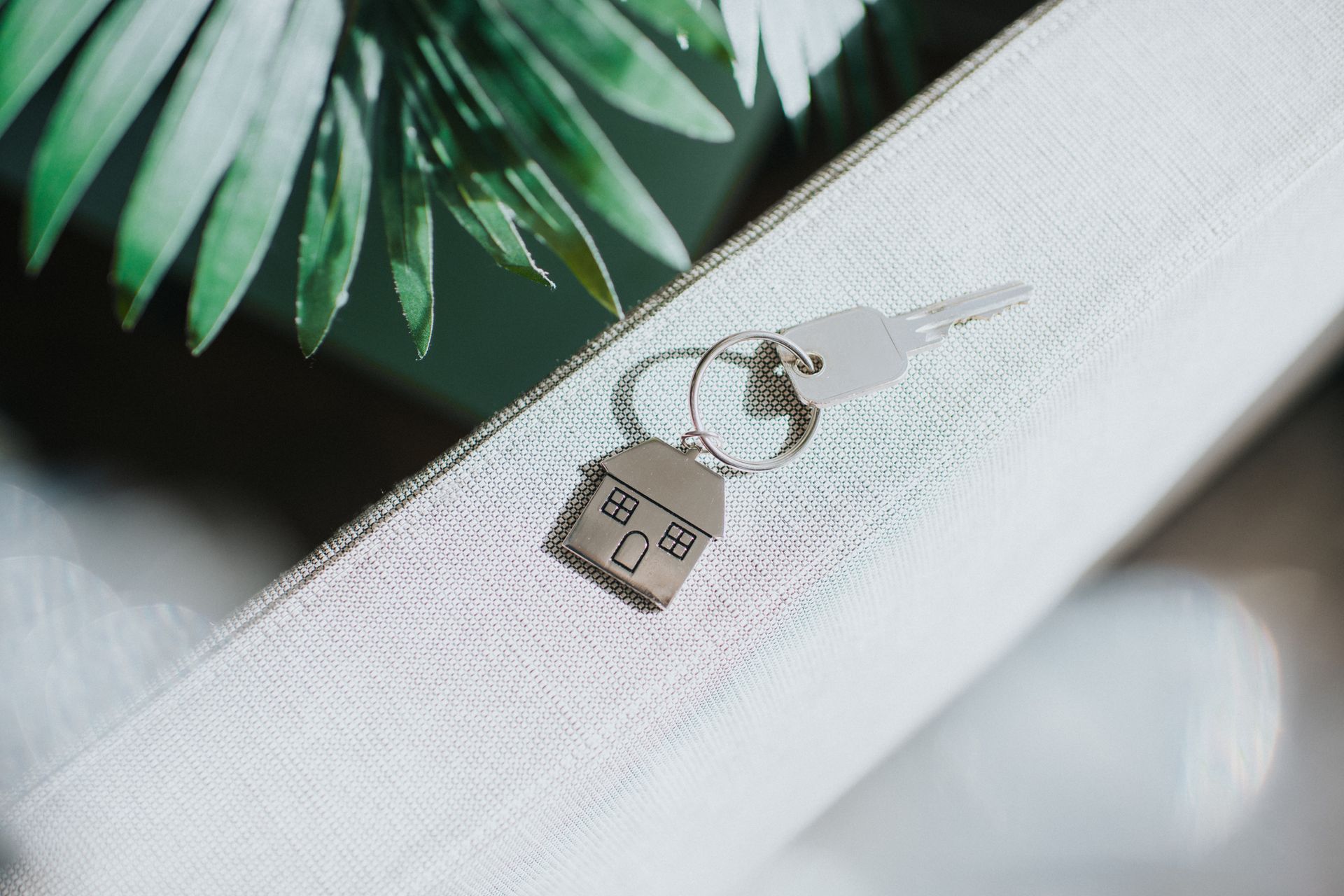What to Ask Your Monmouth County Real Estate Lawyer Before Buying a Home

As anyone who has ever purchased a home can tell you, buying a property is a lot more involved than simply paying the downpayment and signing on the dotted line. Real estate transactions involve intricate legal and financial processes that can sometimes be confusing. Not only are you likely working with lenders, competing against other buyers, and negotiating for a fair deal—you have local, state, and federal laws to grapple with. When mistakes happen, they can be costly.
In New Jersey, you do not have to work with a real estate attorney to purchase a home. Still, many home buyers seek the guidance of an experienced attorney to help them navigate NJ real estate law. If you are a hopeful homebuyer looking to purchase a home, you may want to consider the benefits of working with an attorney. Enlisting the service of an attorney will help you be a more informed and protected home buyer.
If you choose to work with a real estate attorney, here are six questions you can ask them as you go through the home buying process:
1. How can the real estate contract protect my interests?
In New Jersey, any real estate contract automatically goes through the three-day attorney review period. While buyers and sellers are not obligated to utilize this period to have an attorney review their contract, it is highly recommended. Typically, if attorneys are not involved in drafting the sales agreement, a boilerplate agreement is used to facilitate the transaction. This standard agreement should cover the basics, but it will protect your legal rights and personal interests as much as a customized, attorney-created contract can.
Your real estate attorney can review and amend your contract to protect your rights and best interests throughout the transaction. They can also insert clauses that will make it easier for you to legally exit the contract if you face any setbacks, like a bad inspection report or the inability to get financing. A customized contract is typically in the best interest of all parties and helps create a smoother transaction overall.
2. Are there any deed restrictions?
Every home comes with a deed. The deed to a home or property is a legal document that legally passes ownership from one owner to another. Unlike a title, which is the actual right of ownership, a deed is essentially the paper trail that shows the change in ownership from the previous owner to the current owner. There are some things you should look for when you review the deed to your new home.
Some deeds come with restrictions. Deed restrictions are limitations on your right to utilize your property as the owner. These restrictions typically exist due to a homeowners' association or agreements put in place at the bequest of community members. Deed restrictions can cover many things, from the color you can paint your home to if you can have sheds or fences in your backyard. Before proceeding with the transaction, you should review any deed restrictions and determine if they align with your lifestyle. An attorney can help you carefully review the deed and assess your rights going forward if you disagree with any listed restrictions.
3. Are there any liens or claims on the property?
When you purchase a home, you must do so with the full knowledge of any potential issues with the property. Attorneys are excellent researchers who can provide expert assistance in researching the history of a property and reviewing the legal documents associated with a property. Attorneys are adept at performing title searches, where they go through all public records to determine the legal owner of the property and the history of deed transfers associated with the property. Title searches can also help you discover building code violations, legal issues, or property claims like court judgments, liens, mortgages, and delinquencies associated with the property.
Even if you were totally unassociated with the property when the above issues occurred, these encumbrances could diminish your ownership rights and lead to legal or financial headaches. An attorney can help you ensure that all potential problems with the property are resolved before closing so you can begin life in your new home without issues hanging over your head. Working with an experienced attorney for the title search process will help you protect your interests as a homebuyer.
4. Can a real estate attorney assist with my mortgage?
Yes! There are a lot of moving parts in the homebuying process. One of those parts is securing financing if you are not paying for your home outright. There are a number of conditions that need to be met to secure a residential mortgage in NJ. Lenders will request a ton of paperwork and documentation from you to prove your financial standing and determine if you qualify for their financing options.
A real estate attorney can review your financial documents to ensure that you meet all the criteria to get approved for your loan. An experienced attorney will also be able to ensure that you are following the conditions laid out in the loan contract and that everyone is in compliance with NJ residential real estate law.
5. Are there any tax implications with my purchase?
Depending on your circumstances, you may have to consider the tax implications of your home purchase. For example, NJ has a Mansion Tax that applies to home purchases of residential properties of homes sold for $1 million or more. This 1% fee of the home's total sale price must be paid at the time of closing.
You may also have to pay prorated property taxes to the seller. In NJ, property taxes are paid quarterly in advance. So, it is likely that the seller has paid the property taxes for the quarter in which the home is sold, despite the fact that they will not live at the property for the entirety of the quarter. Typically, the buyer is then responsible for reimbursing the seller for an agreed-upon portion of those property taxes. This amount will be due to the seller at closing.
6. The inspection or final walkthrough revealed issues. What can I do?
An attorney can help you review the inspection report for a property to ensure that the seller has been honest and upfront about any issues with the home. If you have been working with an attorney from the beginning, they will likely have clauses in your contract that make the sale contingent upon specific standards being met. If these standards are unmet and the property has more issues than previously disclosed, your attorney can help. They will work with you to either negotiate for these issues to be resolved prior to closing or find a way to back out of the deal completely.
Even if these issues are not noticed until the final walkthrough right before closing, your attorney can offer you the tools you need to navigate any last-minute problems. You have legal rights throughout this process, and an attorney can ensure those rights are respected.
Buying a home is one of the most important investments you will likely make in your lifetime. Working with an attorney can help protect this investment from the very beginning. Veitengruber Law is an experienced, full-service real estate law firm in New Jersey. We have years of experience helping NJ residents sell and purchase property. NJ real estate law can be complicated, but your homebuying process doesn't need to be. We are ready to help you secure your dream home.










